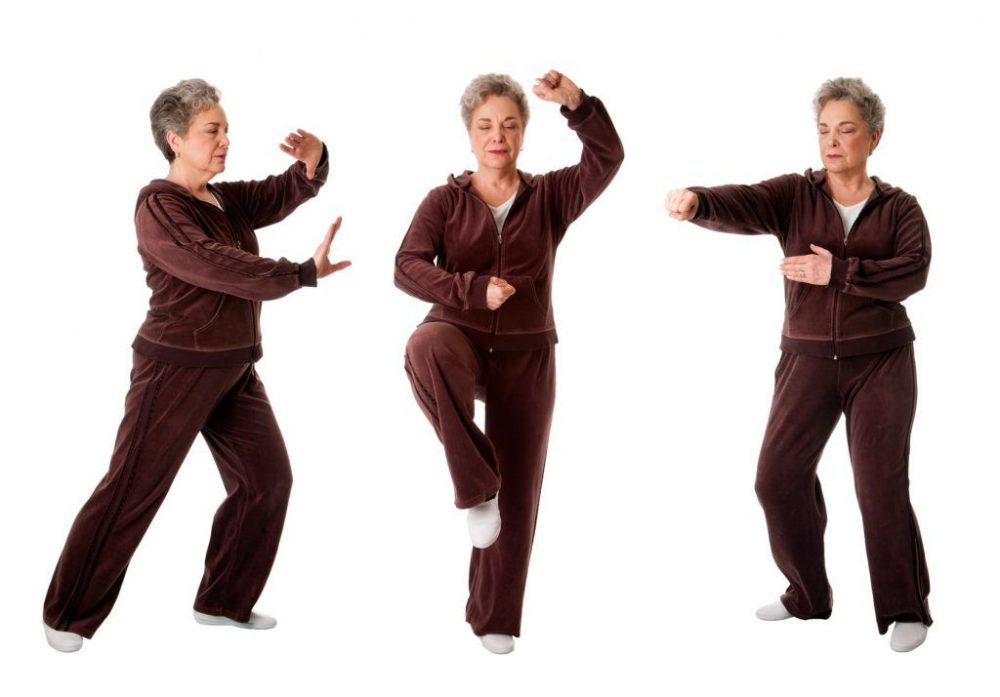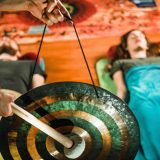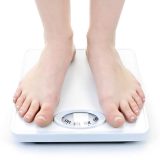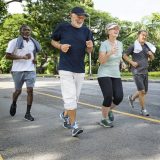

A practice that has roots in prehistoric China, Qi Gong is a branch of Traditional Chinese Medicine that supports health maintenance, illness prevention and healing. Qi Gong is a series of postures and exercises that combines meditation, visualization, breathing and movement. While Qi Gong is widely practiced in China, many Americans don’t understand its importance and regard Qi Gong as a frivolous pursuit. However, a growing body of evidence points to the ritualistic performance of Qi Gong as a primary means of health maintenance.
Pronounced ‘chee gung’, Qi Gong incorporates two principles:
- Qi – the body’s vital energy
- Gong – the practice and cultivation of Qi
According to the Qigong Institute, the ultimate goal of Qi Gong is to improve the balance of the functions of the body. There are various styles and levels of Qi Gong, ranging from Tai Chi to Kung Fu. It is generally performed at a slow pace, is not overly physically exertive and can even be done in a seated position. As such, Qi Gong can be easily modified for the elderly or infirm.
Extensive clinical research on Qi Gong has been performed in China, but just a handful of these have been published in peer-reviewed, scientific journals. Nonetheless, studies of Qi Gong on health have repeatedly surfaced. Although not exhaustive, four of Qi Gong’s demonstrated benefits are:
- Osteoarthritis – As published in a 2009 edition of the journal Arthritis Care and Research, Tai Chi (a type of Qi Gong) was found to reduce pain and improve physical function, self-efficacy, depression and health-related quality of life in those with osteoarthritis of the knee.
- Cancer-Related Fatigue – As published in a 2013 edition of the Journal of Cancer Survivorship, researchers found that Qi Gong participants who were prostate cancer survivors with severe fatigue levels reported significant declines in how much fatigue or distress they experienced.
- Blood Pressure – As published in a 2012 edition of the Journal of Hypertension, researchers confirmed that Qi Gong helps to reduce cases of high blood pressure in patients with pre-hypertension and mild hypertension.
- Balance – In the 1990s, two studies sponsored by the National Institute on Aging (NIA) found that Tai Chi exercises cut the fear of falling and risk of falls among older people. Two small sports medicine studies suggest that Tai Chi may improve sensitivity to nerve signals in ankles and knees, which might prevent falls. Recently, a study published in 2013 in the Journal of Integrative Medicine found that Qi Gong can improve balance in healthy, young women.
Imagine if one daily pill could simultaneously relieve osteoarthritis pain, reduce cancer-related fatigue, ease blood pressure and improve balance – without causing any side effects. If such a drug existed, it would be the number one selling medication in the world.
The potential benefits of Qi Gong are no secret to the Chinese; it is estimated that more than 80 million people practice Qi Gong daily in China. Envision how the health of Americans would improve if even a fraction of our population participated in this exercise and breathing ritual! A tenet of Traditional Chinese Medicine for good reason, Qi Gong keeps proving itself to play a major role in preserving human health and wellness – a capability that should transform its image from frivolous to mandatory.




